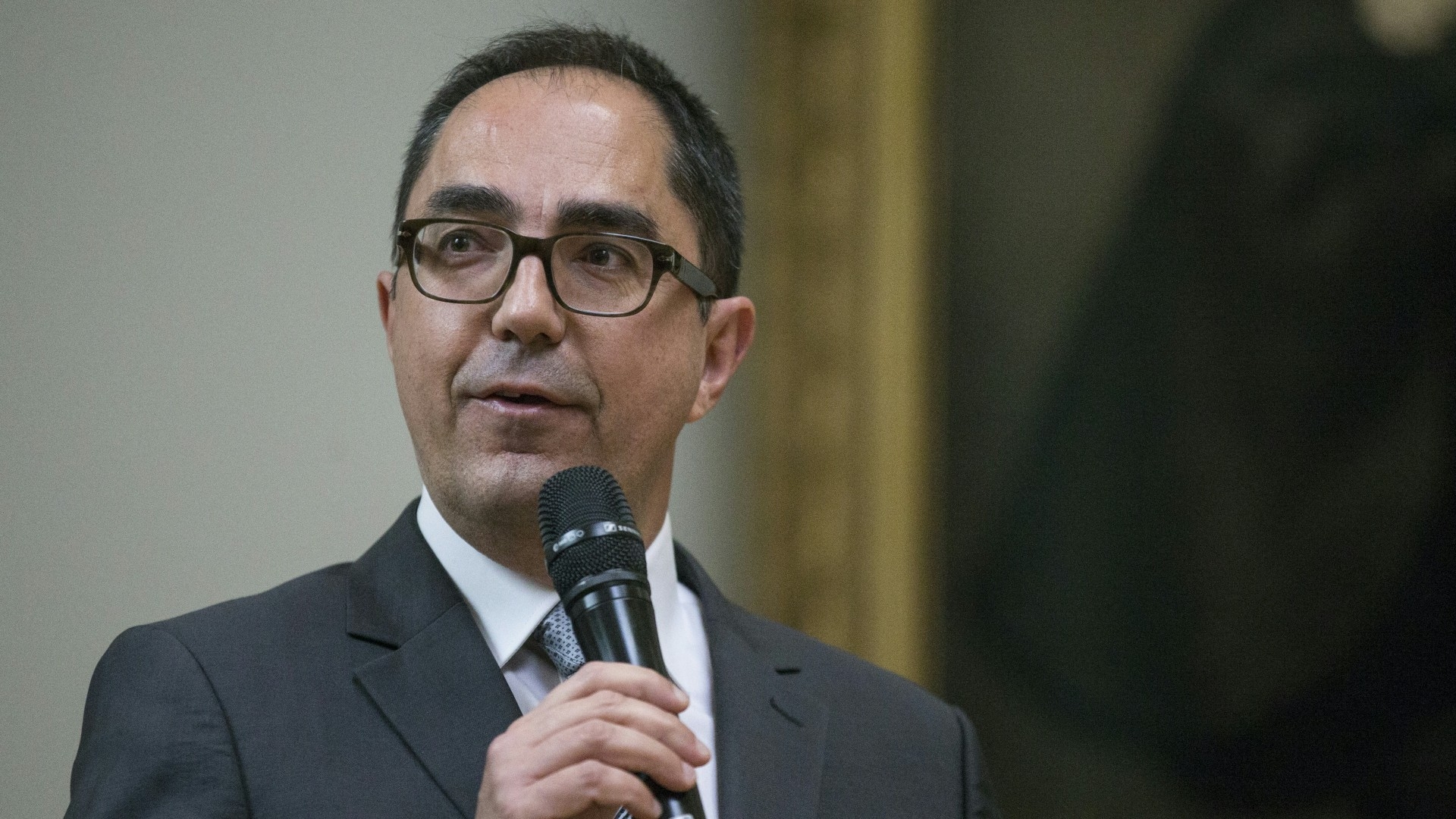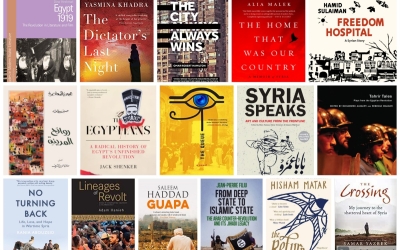Former Louvre director charged with trafficking Egyptian artefacts

The former director of the Louvre art gallery in Paris has been charged with conspiring to hide the origin of archaeological treasures suspected of having been smuggled out of Egypt during the 2011 Arab Spring.
Jean-Luc Martinez was charged in Paris on Wednesday after being taken in for questioning, along with two French specialists in Egypt who were ultimately not charged.
According to a French judicial source speaking to AFP, Martinez was charged with complicity in fraud and “concealing the origin of criminally obtained works by false endorsement.”
Martinez, who was in charge of the Louvre in Paris from 2013 to 2021, is accused of turning a blind eye to fake certificates of origin for the pieces.
According to the French investigative weekly Canard Enchaine, the fraud is thought to include several other art experts.
His lawyers contested the charge and said he had "no doubt that his good faith will be established.”
French investigators opened the case in July 2018 after the museum’s branch in Abu Dhabi bought a rare pink granite stele depicting the pharaoh Tutankhamun and four other historical works for 8m euros.
Marc Gabolde, a French Egyptologist, was quoted by Canard Enchaine as saying that he informed the Louvre about suspicions related to the stele but received no response.
Martinez’s indictment came after the German-Lebanese gallery owner who brokered the sale, Robin Dib, was arrested in Hamburg in March and extradited to Paris for questioning.
But now investigators suspect that hundreds of artefacts were pillaged from Egypt and other Middle Eastern countries during the Arab spring protests in 2011 and were then sold to galleries and museums that did not ask about previous ownership.
In June 2020, prominent Paris archaeology expert Christophe Kunicki and dealer Richard Semper were charged with fraud for false certification of looted works from several countries, including Libya, Yemen and Syria.
They also had a role in certifying another high profile fraud case after it emerged that the gilded coffin of the Egyptian priest Nedjemankh, bought by the Metropolitan Museum of Art in New York in 2017, had also been stolen during the protests and sold with fake documentation.
The coffin was eventually returned to Egypt after officials became aware of its origin.
Middle East Eye propose une couverture et une analyse indépendantes et incomparables du Moyen-Orient, de l’Afrique du Nord et d’autres régions du monde. Pour en savoir plus sur la reprise de ce contenu et les frais qui s’appliquent, veuillez remplir ce formulaire [en anglais]. Pour en savoir plus sur MEE, cliquez ici [en anglais].





